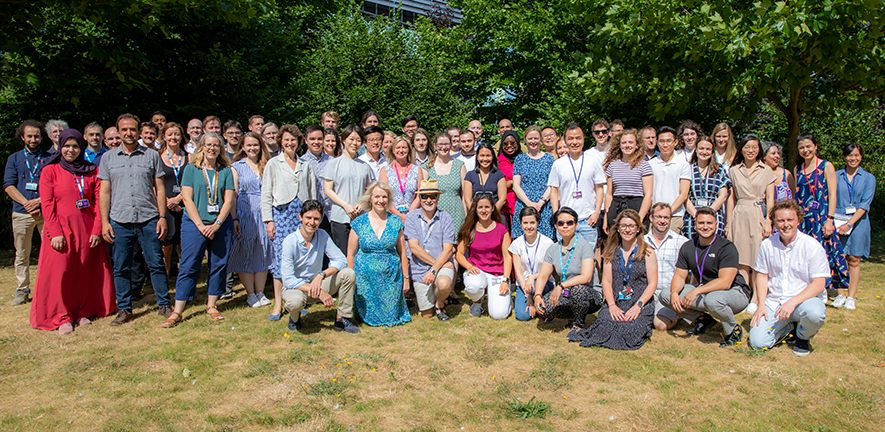September saw the launch of the Early Cancer Institute at the University of Cambridge. The first physical location in the UK solely dedicated to research into early cancer.
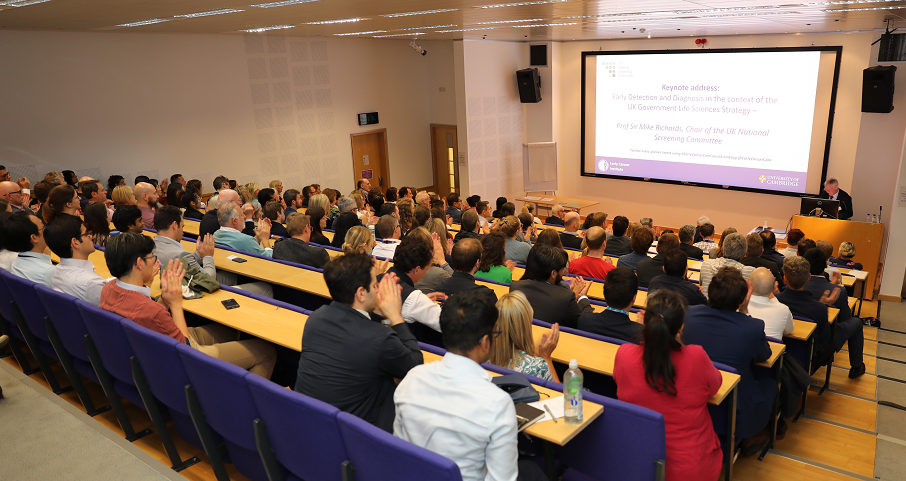
Institute Director, Professor Rebecca Fitzgerald, explains that the mission of the new Institute is deceptively simple: to detect cancer early enough to cure it.
She says: “To date, research into early cancer has been somewhat neglected. People have been much more focused on late cancer, advanced and precision therapies, for example.”
Part of the problem is the hugely expensive and long road to get a new test or preventative treatment to market. Testing a relatively small number of patients with very advanced disease in fairly small trials is a more cost-effective way of seeing if a drug works; targeting early cancer, on the other hand, would involve large population studies over several years before you know whether anything has worked.
“However, we are well aware that detecting cancers earlier leads to better outcomes for patients and less invasive, expensive treatments.”
Research in the new Institute will focus on cancers that are hard to treat and typically have poor outcomes which are little changed over the years, including lung, pancreas, oesophagus, liver and acute myeloid leukaemia. It will house as many as 120 scientists representing a range of academic disciplines – from biologists, chemists and clinicians to social scientists looking at the societal impact of cancer diagnoses.
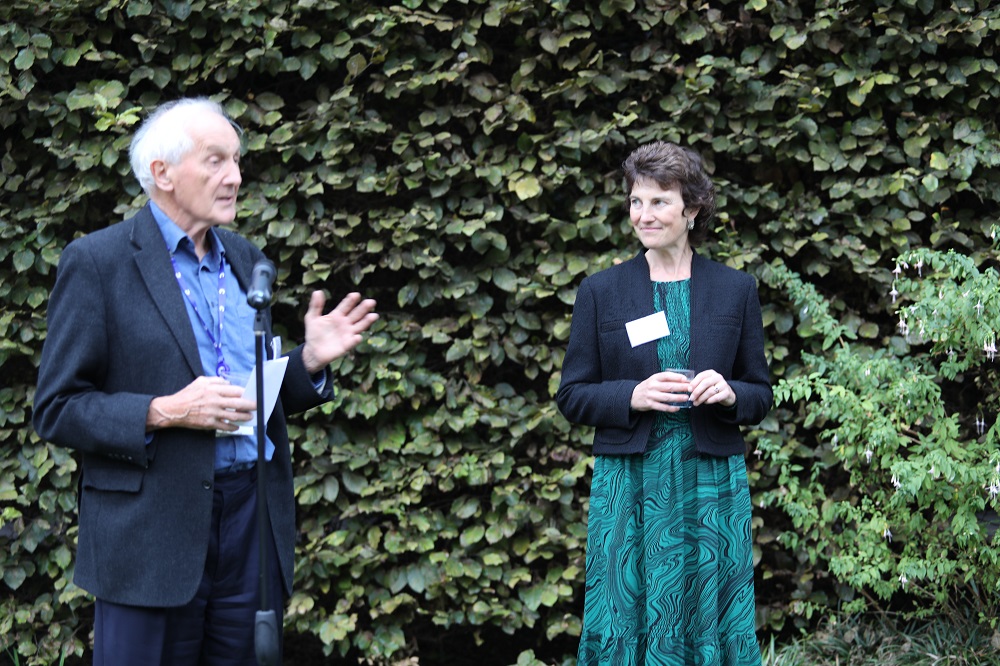
With its rich history of scientific research from the sequencing of DNA to the development of state-of-the-art cancer treatment technologies, Cambridge is the ideal location for the Early Cancer Institute. Situated at the heart of the Cambridge Biomedical Campus it is close to Addenbrooke’s and Papworth hospitals, industrial partners Astra Zeneca, GSK and Abcam and academic partners including the Cancer Research UK Cambridge Institute and the Wellcome-MRC Stem Cell Institute.
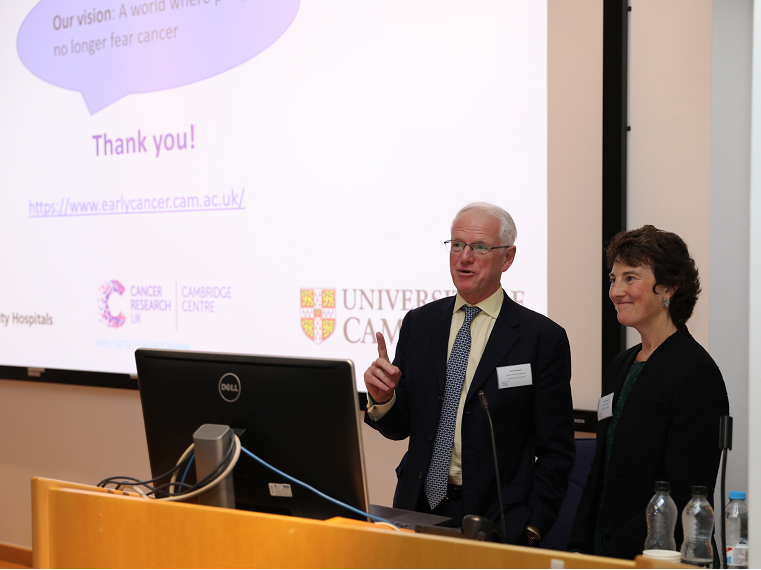
Fitzgerald herself has devoted her life’s research efforts to detecting oesophageal cancer earlier – typically a cancer which is diagnosed late, with very poor outcomes. She has developed the Cytosponge, a “pill on a string” which, used in conjunction with a lab test, can detect signs of Barrett’s oesophagus, a known pre-cursor to oesophageal cancer.
She has ambitious plans to grow the Institute, with a large-scale building refurbishment very much in her sights. But this is not the end of the ambition. As she explains: “We are working to move the world beyond fear of cancer.”
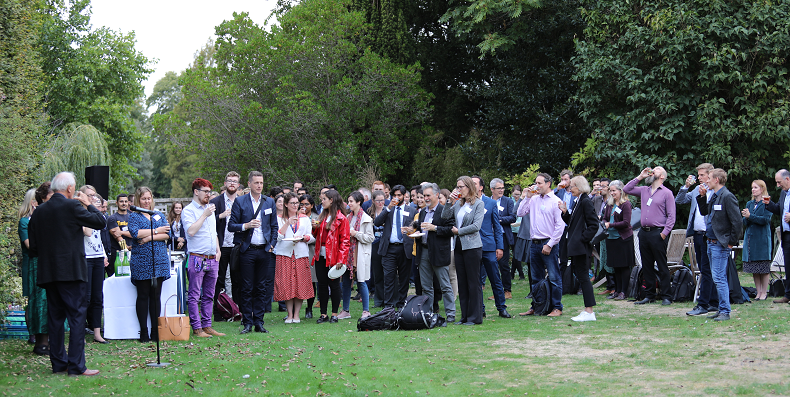
Read more about the Early Cancer Institute at Cambridge here: https://www.cam.ac.uk/stories/Early-Cancer-Institute
Visit the Institute website here: www.earlycancer.cam.ac.uk

